These 22 TV Show Leads Prove Main Characters Aren’t Always the Best Part

Sometimes the star of the show isn’t actually the star of the show. We’ve all experienced that moment when we realize we’re more invested in the sidekicks or supporting characters than the main protagonist. From narcissistic leads to whiny heroes, these characters were supposed to carry their shows but often ended up being the least interesting part. Let’s look at some TV protagonists who just couldn’t live up to their supporting cast.
1. Alicent Hightower (House of the Dragon)
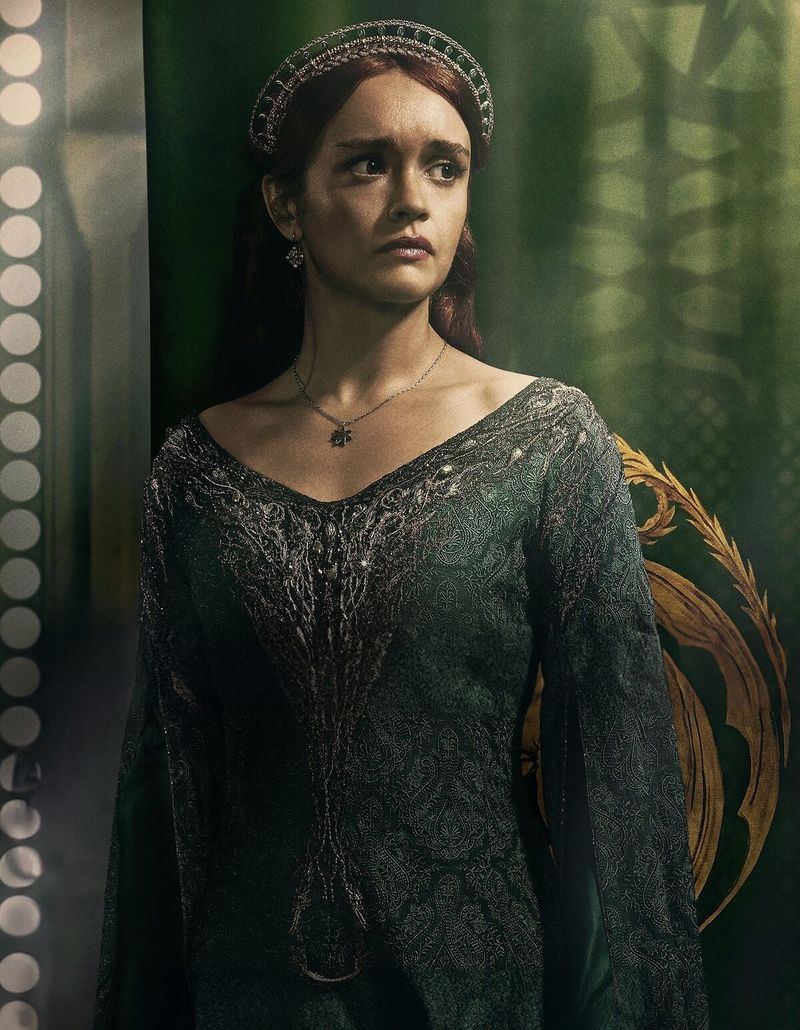
Forever caught between family duty and political maneuvering, Alicent transforms from sympathetic friend to calculating villain without ever finding solid ground. Her constant indecision makes her frustrating to watch.
While other characters make bold moves and clear choices, Alicent waffles between loyalties, creating a character whose motivations feel inconsistent rather than complex. Her passive-aggressive tactics and inability to commit fully to either side leave viewers wanting more backbone.
The show tries to present her as multidimensional, but she often comes across as merely reactive rather than proactive, diminishing her impact compared to more decisive characters.
2. Robb Stark (Game of Thrones)

Honorable to a fault, Robb Stark’s political naivety ultimately spelled disaster for himself and his followers. His heart repeatedly overruled his head, leading to catastrophic decisions.
Despite being raised by the honorable Ned Stark, Robb never learned the crucial lesson that honor alone doesn’t win wars in Westeros. His romance with Talisa might have been sweet, but breaking his marriage pact with the Freys was a fatal mistake that an experienced leader would never have made.
While audiences admired his principles, his sentimental choices made him a frustrating protagonist compared to more strategic players in the game of thrones.
3. Carrie Bradshaw (Sex and the City)
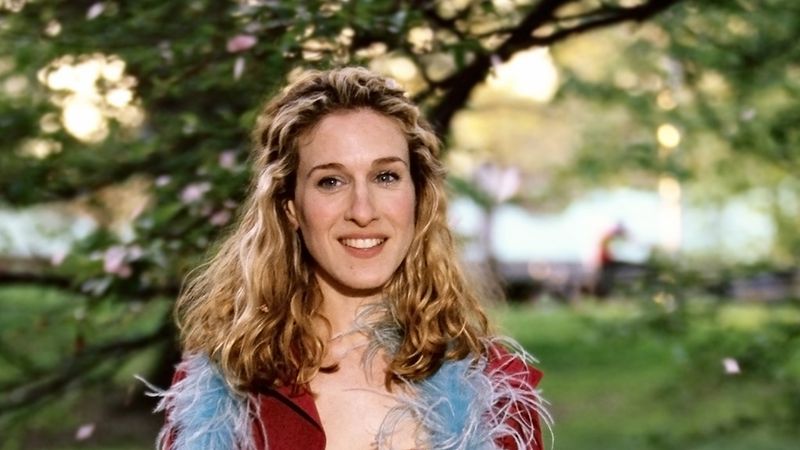
The columnist with fabulous shoes and questionable friendship skills, Carrie repeatedly puts her romantic drama above her friends’ needs. Her self-absorption becomes increasingly grating as the series progresses.
Remember when she expected Charlotte to loan her money for a down payment on her apartment? Or how about her endless complaints about Big while dismissing her friends’ problems? The supposed relationship expert continuously makes terrible romantic choices while giving others advice.
While Miranda, Samantha, and Charlotte show genuine growth throughout the series, Carrie remains stuck in the same patterns, making her the least likable of the quartet despite being the narrator and main character.
4. Hughie Campbell (The Boys)
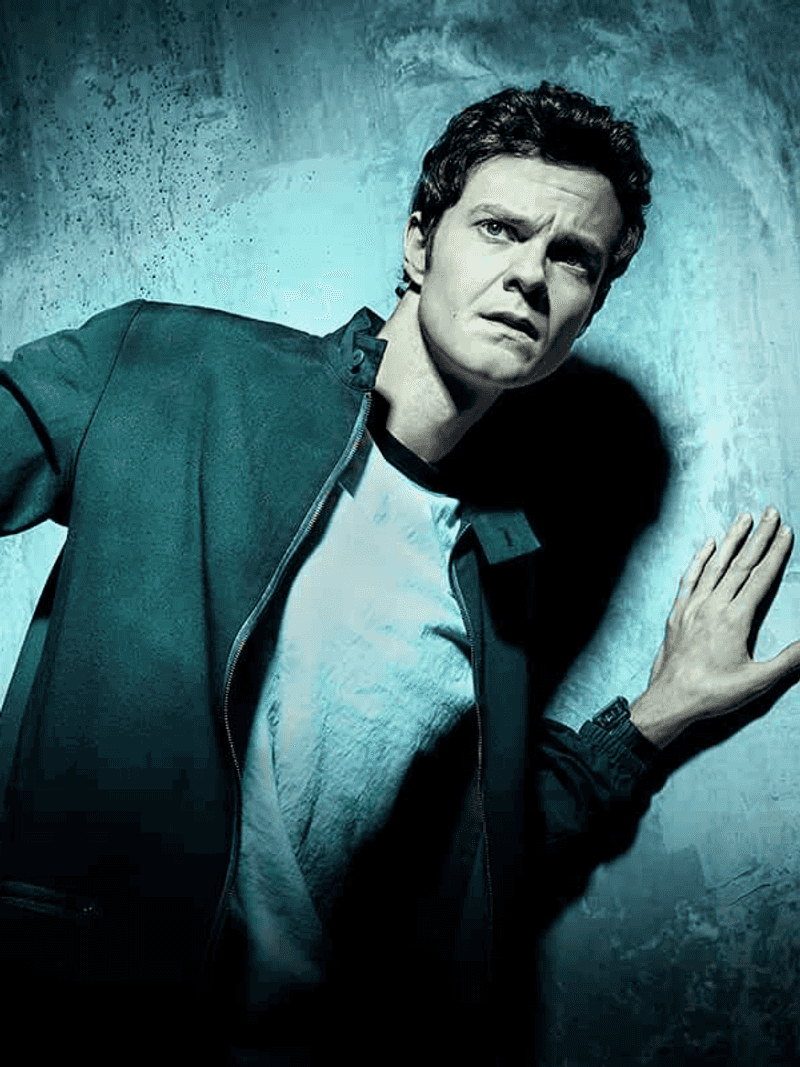
Starting as an everyman thrust into a world of corrupt superheroes, Hughie’s moral compass spins wildly as the series progresses. His initial motivation for justice quickly devolves into hypocrisy.
While judging others for crossing ethical lines, Hughie eagerly injects Compound V when it suits his own purposes. His jealousy of Starlight’s powers reveals his fragile ego underneath his supposed principles.
The show positions him as the moral center, yet he consistently makes selfish choices that harm those around him. Compared to characters with clearer motivations like Butcher or Frenchie, Hughie’s wishy-washy stance makes him increasingly frustrating to root for.
5. Piper Chapman (Orange Is the New Black)

Piper enters prison as our guide but quickly becomes the least compelling inmate at Litchfield. Her privileged perspective and constant complaints wear thin almost immediately.
While the diverse supporting cast reveals complex backstories and genuine growth, Piper remains self-centered and entitled. Her “fish out of water” storyline might have worked for a season, but as the series progressed, viewers found themselves far more invested in characters like Taystee, Red, and Suzanne.
The writers seemed to recognize this problem, gradually reducing Piper’s screen time in later seasons. Her bland personality and predictable arc made her the weak link in an otherwise fascinating ensemble.
6. Alan Harper (Two and a Half Men)
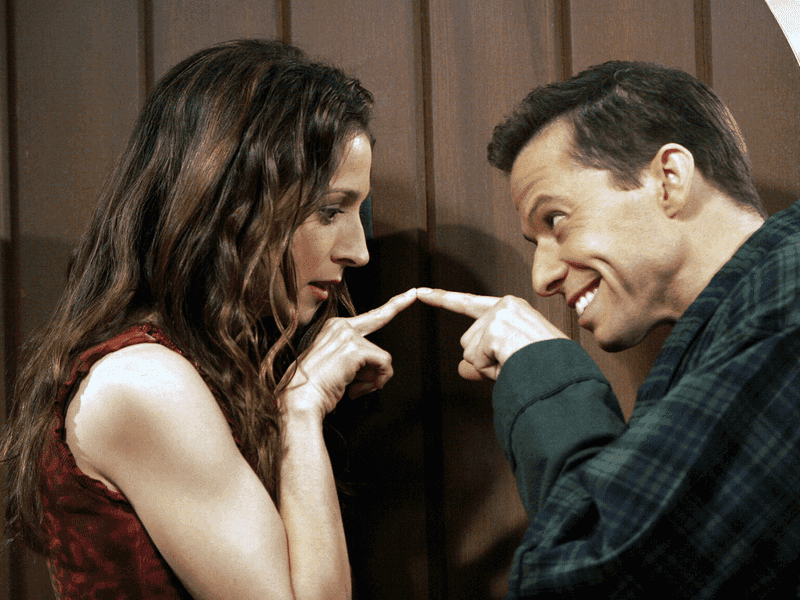
A chiropractor with a spine made of jelly, Alan’s perpetual victimhood becomes tiresome over the show’s long run. His pathetic nature initially generates sympathy but eventually grates on viewers’ nerves.
Despite having a medical degree, Alan constantly mooches off his brother and makes one terrible decision after another. His penny-pinching becomes a one-note joke that the show beats to death, while his romantic failures feel more pathetic than funny after several seasons.
What’s worse, Alan rarely shows genuine growth or self-awareness. Even when the show replaced Charlie with Walden, Alan remained stuck in the same patterns, making him a stagnant character in an already formulaic sitcom.
7. Eric Forman (That ’70s Show)
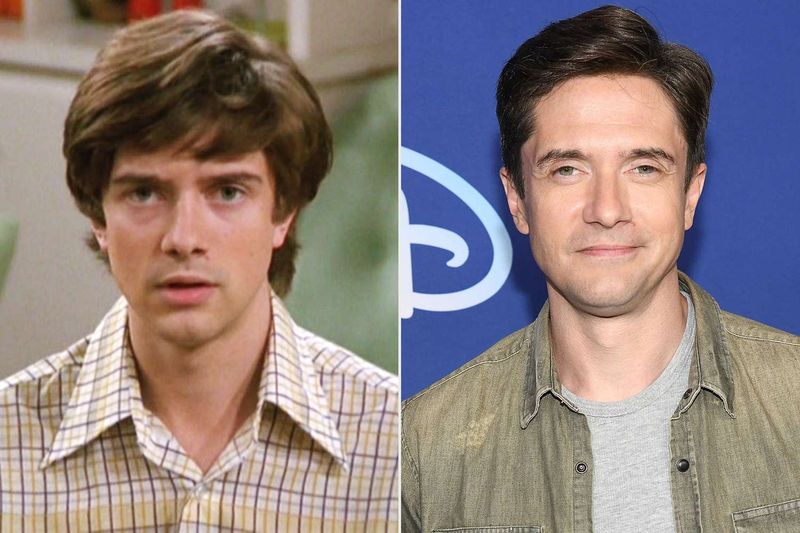
The basement king of Point Place lacks the conviction to make decisive choices, especially regarding his relationship with Donna. His perpetual state of adolescent indecision becomes increasingly frustrating as the series progresses.
While his friends develop distinct personalities, Eric remains stuck in a cycle of immaturity. His decision to leave Donna at the altar highlights his inability to commit, and his departure to Africa (due to actor Topher Grace leaving the show) left a void that the final season couldn’t fill.
The irony of That ’70s Show is that the supposedly normal, relatable protagonist ends up being less interesting than eccentric characters like Fez, Kelso, and especially Steven Hyde.
8. Scrappy-Doo (Scooby-Doo)
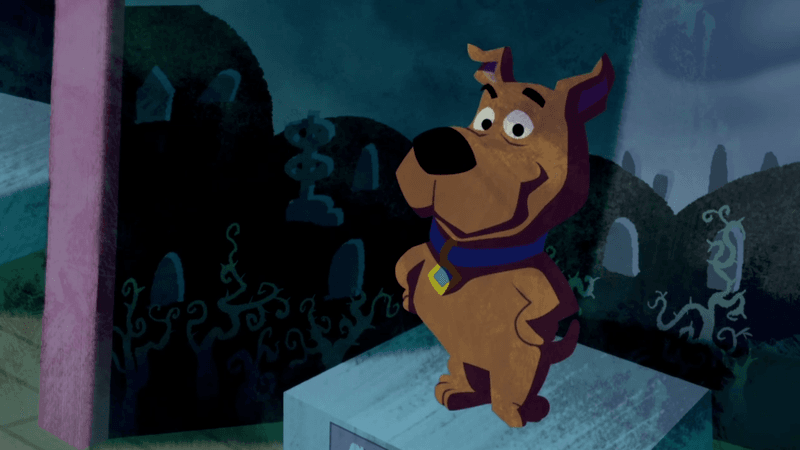
“Puppy power” became “puppy problem” when this diminutive canine joined the Mystery Inc. gang. Scrappy’s aggressive attitude and constant catchphrases quickly transformed him from cute addition to annoying intrusion.
Created to boost falling ratings, Scrappy instead became one of animation’s most reviled characters. His eagerness to fight ghosts directly contradicted the show’s established formula of running away and setting clever traps, disrupting the dynamic that made Scooby-Doo work.
The character was so universally disliked that the 2002 live-action film made him the villain, acknowledging decades of audience hatred. Few characters have fallen from protagonist to pariah so dramatically.
9. Selina Meyer (Veep)
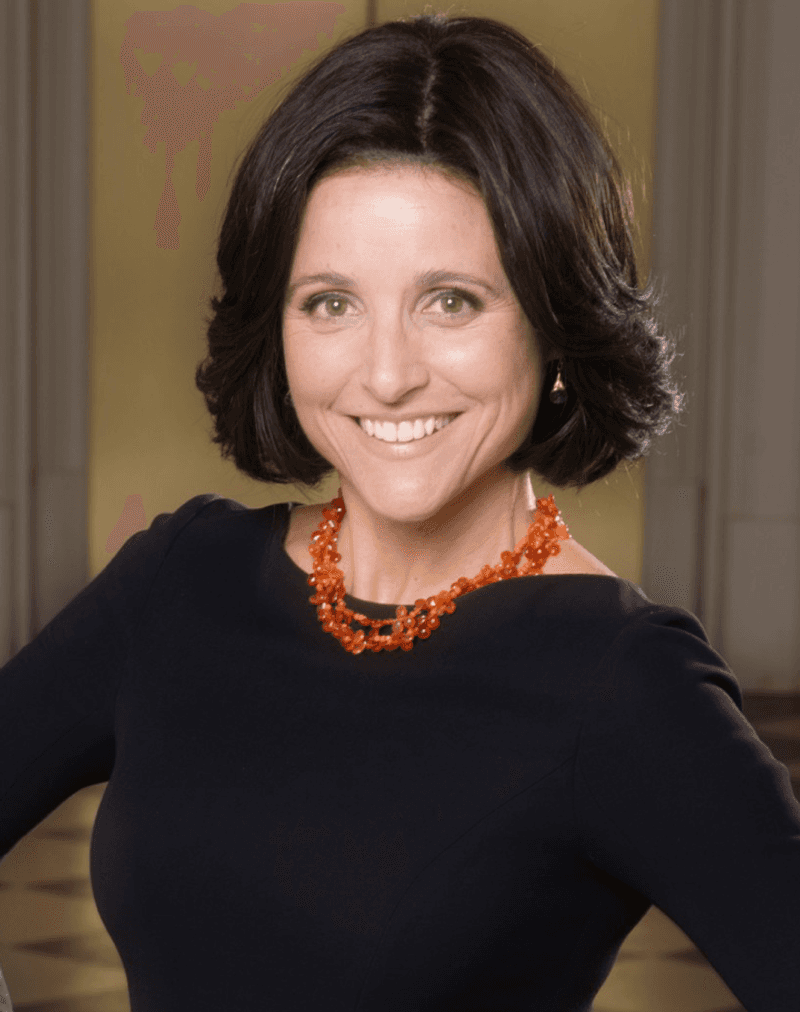
As Vice President and later President, Selina Meyer delivers laughs while displaying a stunning lack of moral fiber. Her ruthless ambition and willingness to sacrifice anyone for power make her impossible to root for.
Julia Louis-Dreyfus brilliantly portrays this narcissistic politician who treats her staff terribly and has virtually no redeeming qualities. While her insults are quotable and her schemes entertaining, Selina represents the worst of political self-interest.
The genius of Veep is that it makes you laugh at a protagonist you’d never want to see succeed in real life. Selina’s complete moral bankruptcy provides comedy gold but also creates a main character who’s essentially a villain in her own story.
10. Skyler White (Breaking Bad)
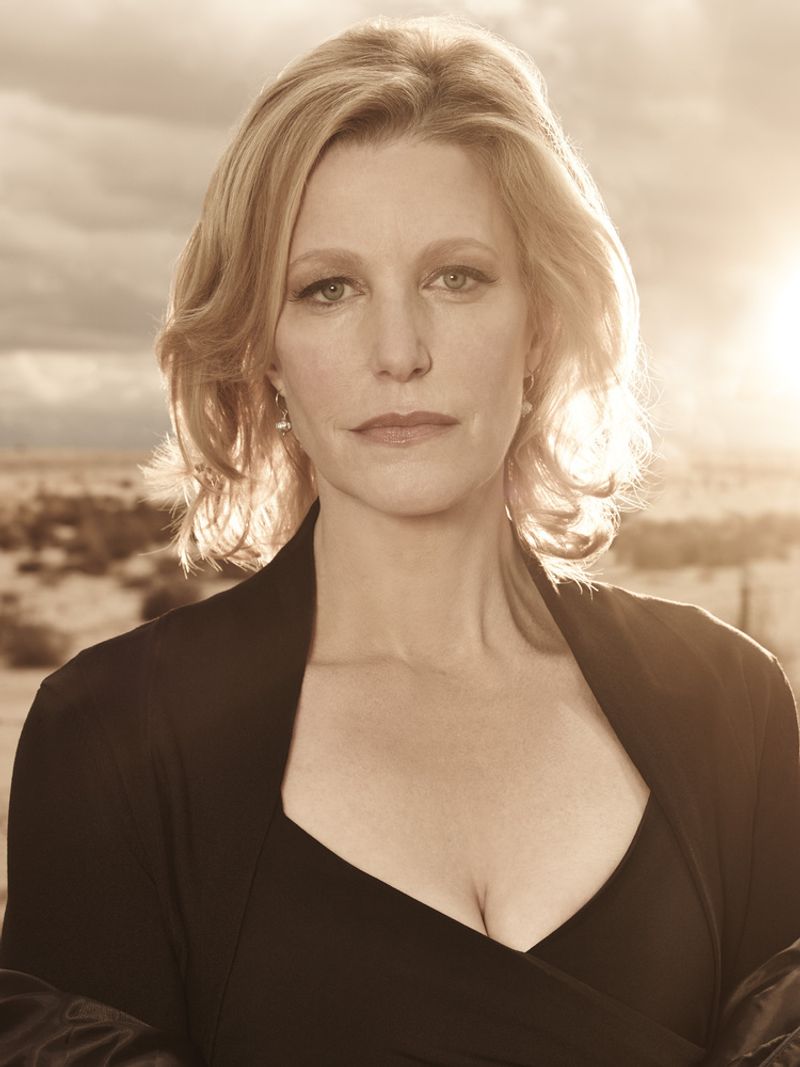
Trapped in an impossible situation as her husband transforms into a drug kingpin, Skyler faces unfair hatred from fans despite her reasonable reactions. Her attempts to protect her family make her an obstacle to Walt’s criminal adventures.
The show positions Walter as the protagonist we follow, creating the unusual dynamic where viewers root for him even as he becomes increasingly villainous. Skyler’s opposition to his dangerous behavior, while completely justified, made her the target of viewer frustration.
This character highlights the strange phenomenon where audiences will forgive a male protagonist for heinous crimes while judging a female character harshly for logical responses to those crimes. The unfair hatred directed at Skyler reveals more about viewer biases than character flaws.
11. Sookie Stackhouse (True Blood)
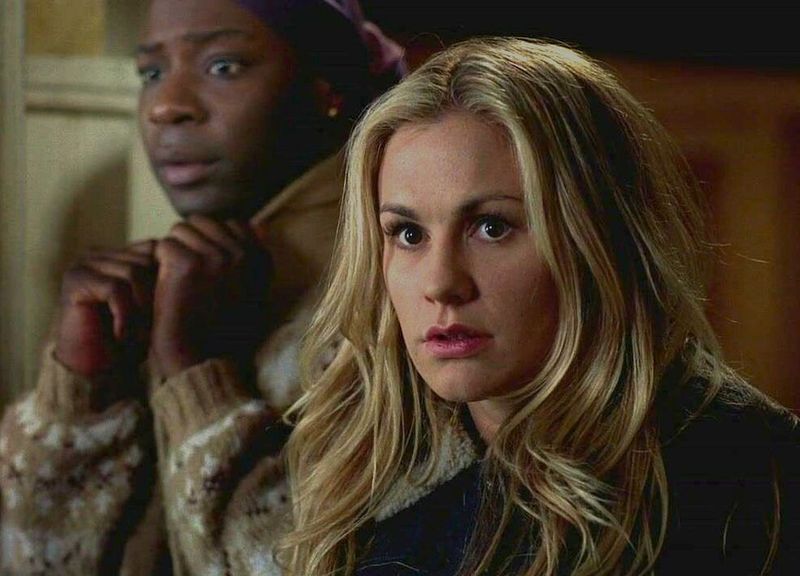
The telepathic waitress at the center of Bon Temps’ supernatural drama quickly becomes the least interesting resident of her bizarre Louisiana town. Sookie’s repetitive love triangles grow tiresome as the series progresses.
While vampires, werewolves, and other supernatural beings have clear motivations and distinctive personalities, Sookie cycles through the same patterns. Her special fairy blood makes her desirable to everyone, yet her character development stalls after the first couple of seasons.
The supporting characters like Lafayette, Pam, and Eric develop richer storylines and more complex personalities. Meanwhile, Sookie remains stuck in an endless cycle of wide-eyed surprise at supernatural revelations and indecision about her various suitors.
12. Frank Gallagher (Shameless)
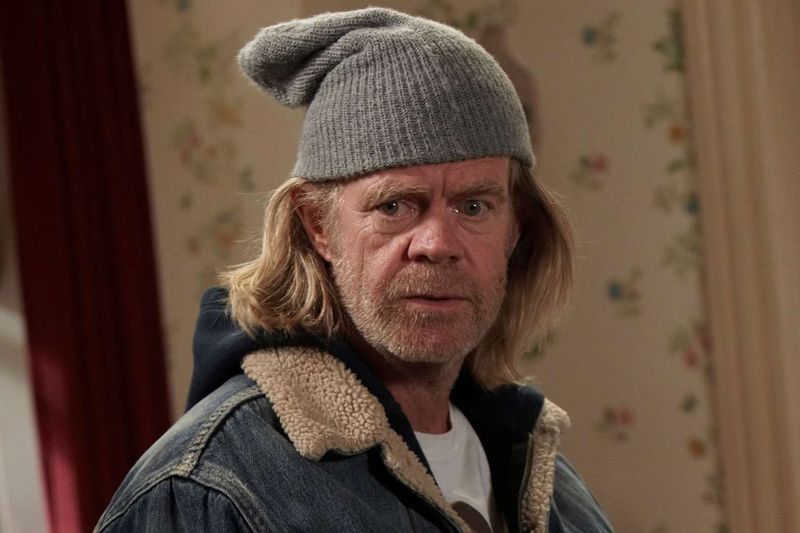
The patriarch of the Gallagher clan is a walking disaster who leaves destruction in his wake. Frank’s alcoholism and schemes create constant problems for his children, who essentially raise themselves.
William H. Macy delivers a masterful performance, but Frank’s character becomes increasingly difficult to watch as the series progresses. His moments of clarity or potential redemption always dissolve back into selfish chaos, creating a repetitive pattern that grows frustrating.
While the show initially positions Frank as the central character, it’s his children—particularly Fiona and Lip—who become the emotional heart of Shameless. Frank remains stuck in his destructive patterns while his kids fight to escape the cycle of poverty and dysfunction he perpetuates.
13. Ted Mosby (How I Met Your Mother)
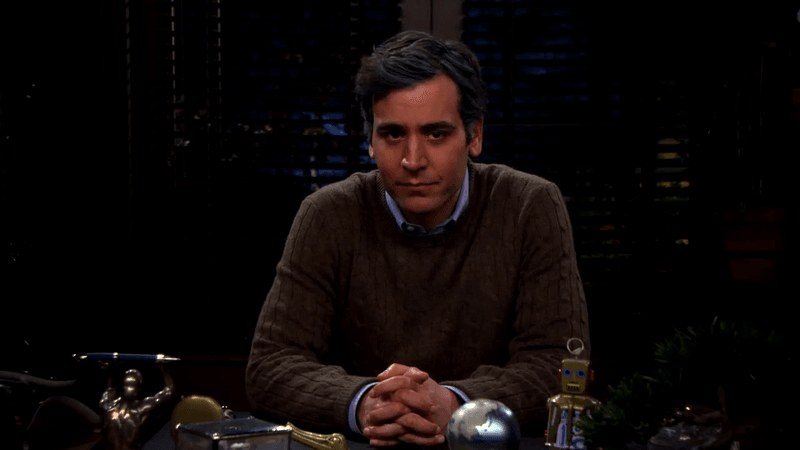
The hopeless romantic architect who spent nine seasons telling his kids how he met their mother often tested viewers’ patience. Ted’s pretentious personality and inability to move on from past relationships made him increasingly annoying.
His obsession with finding “the one” led to a parade of girlfriends who weren’t Robin, creating a repetitive pattern that stretched the show’s premise thin. Meanwhile, supporting characters like Barney and Marshall developed more interesting arcs and provided more consistent laughs.
The ultimate frustration came with the series finale, which undermined years of character development to return Ted to his original love interest. This conclusion reinforced that Ted never really grew beyond the lovelorn architect we met in the pilot.
14. George Costanza (Seinfeld)
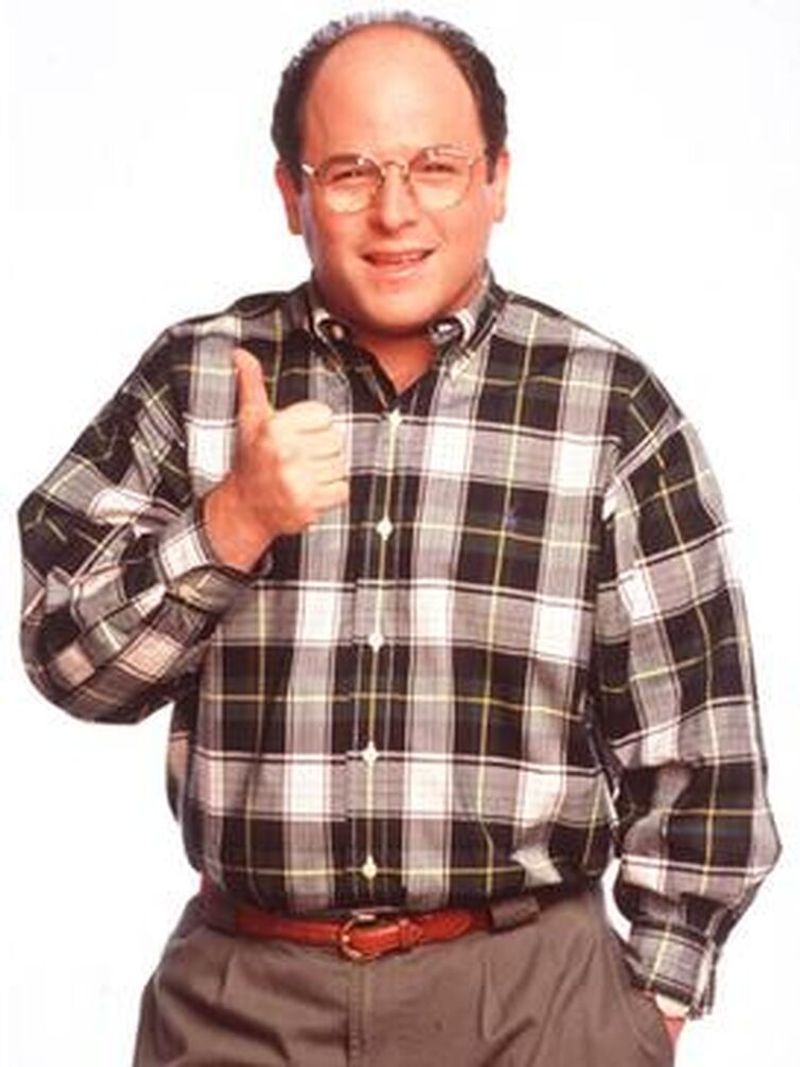
The self-described “Lord of the Idiots” elevates selfishness and insecurity to an art form. George’s schemes to avoid work, manipulate women, and cut corners consistently backfire in spectacular fashion.
Jason Alexander brilliantly portrays this neurotic character based partly on Larry David himself. George’s redeeming qualities are practically non-existent—he once pushed children and elderly people out of the way to escape a fire at a children’s birthday party.
What makes George fascinating is how he embodies our worst impulses without the social filter most people possess. His pettiness knows no bounds, whether he’s breaking up with a woman for eating her peas one at a time or pretending to be a marine biologist to impress a date.
15. Ross Geller (Friends)
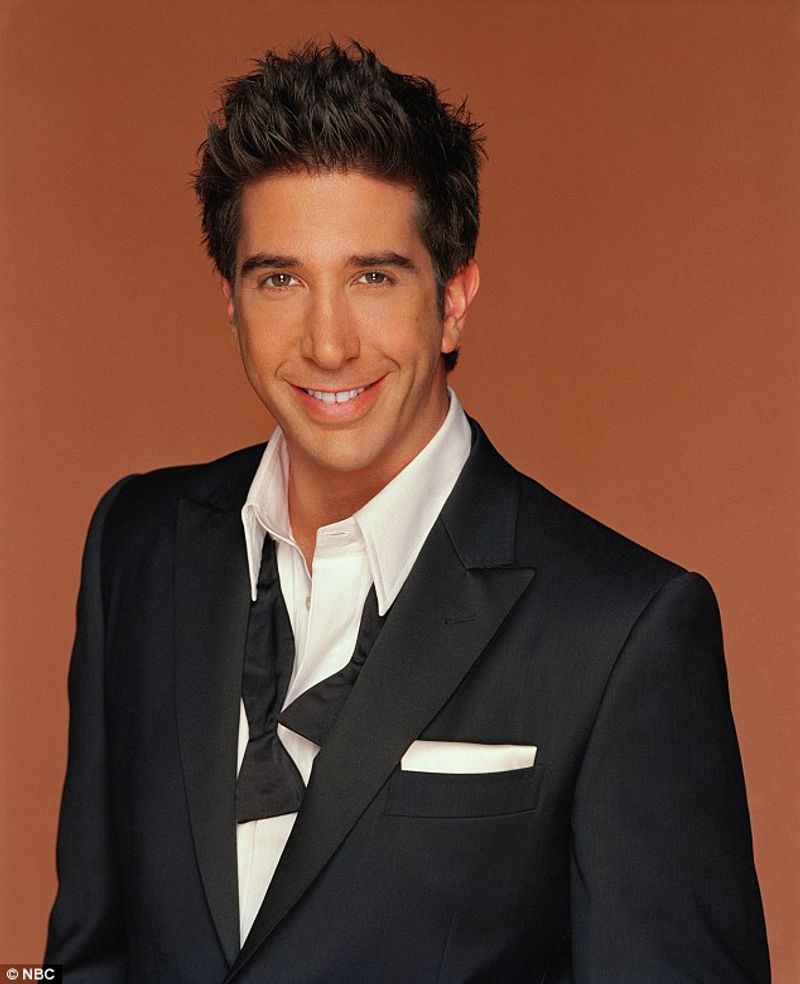
The paleontologist with perpetual relationship drama becomes increasingly grating across ten seasons. His whiny voice and possessive behavior toward Rachel create more eye-rolls than sympathy.
Ross’s infamous “We were on a break!” defense becomes a running joke that highlights his inability to take responsibility for his actions. His three failed marriages and constant pining for Rachel demonstrate a character who never truly learns from his mistakes.
While the other Friends show genuine growth, Ross remains stuck in the same patterns of jealousy and insecurity. His academic achievements and dinosaur knowledge can’t compensate for his emotional immaturity that makes him the most frustrating member of the Central Perk gang.
16. Leonard Hofstadter (The Big Bang Theory)
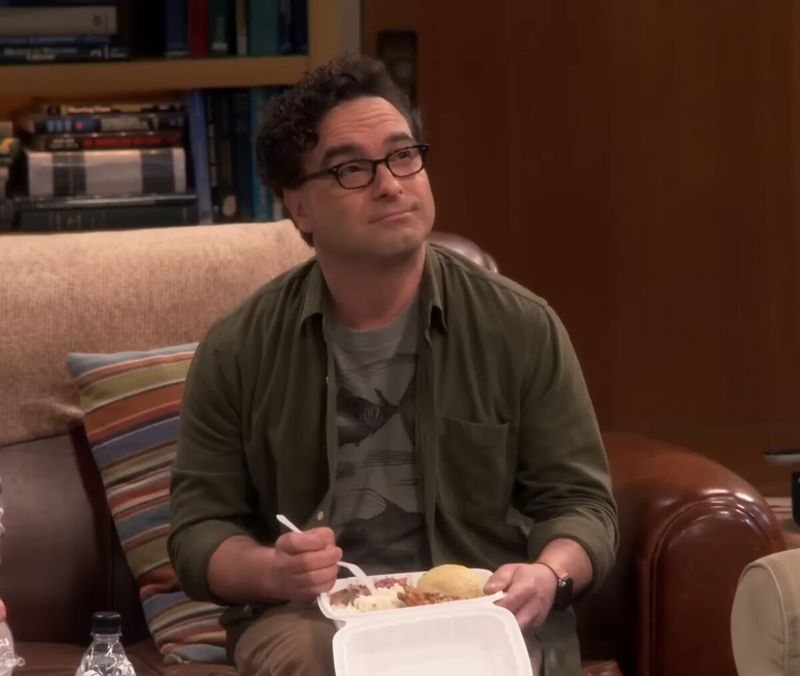
Behind the glasses and “nice guy” persona lies a character riddled with insecurity and passive-aggressive tendencies. Leonard’s pursuit of Penny often veers into uncomfortable territory, with his persistence bordering on entitlement.
His relationship jealousy becomes a tiresome pattern, whether directed at Penny’s ex-boyfriends or his more successful friends. Despite his intelligence, Leonard frequently makes petty choices driven by envy, particularly toward Sheldon.
As the series progresses, other characters like Howard and Raj show significant growth, while Leonard remains stuck in the same patterns. His supposed role as the normal, relatable character among eccentric scientists falls flat as his own flaws become increasingly apparent.
17. Ray Barone (Everybody Loves Raymond)
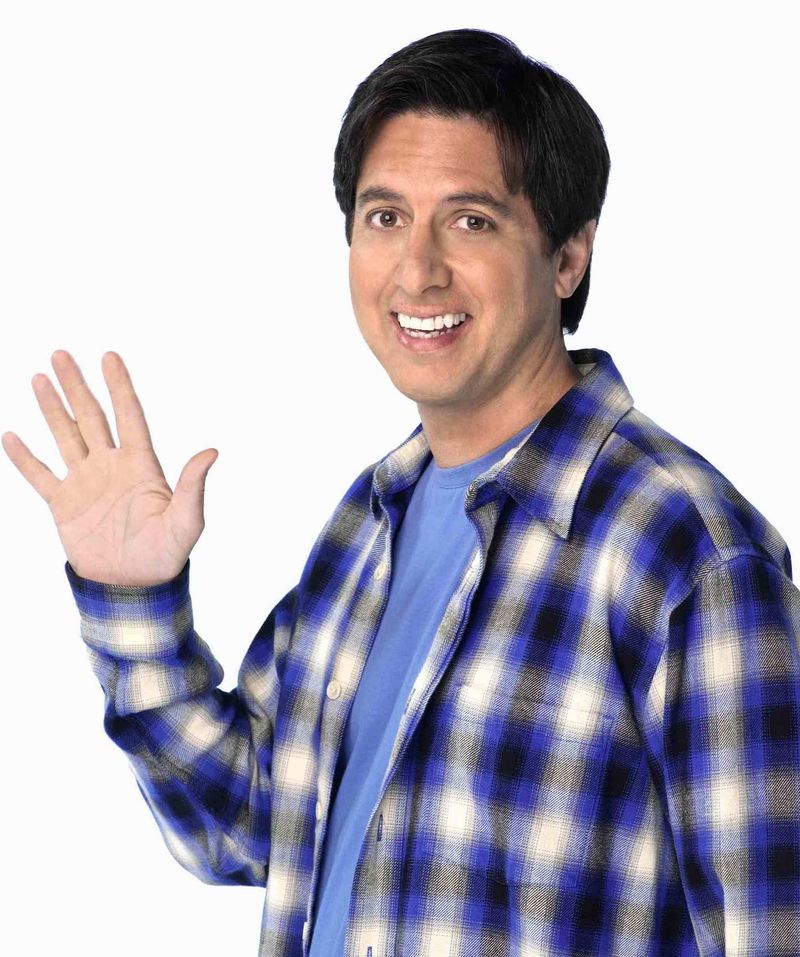
The sports columnist who can’t stand up to his mother or make decisions without causing family chaos exemplifies spineless protagonists. Ray’s conflict avoidance creates most of the show’s problems, which his wife Debra then has to solve.
His inability to set boundaries with his overbearing parents, particularly his mother Marie, puts unfair pressure on Debra. Ray consistently takes the path of least resistance, lying or hiding rather than addressing issues directly.
While the show’s title suggests universal adoration, Ray’s character becomes increasingly frustrating as seasons progress. His childish behavior and refusal to mature make viewers wonder what Debra sees in him beyond his supposedly charming smile and occasional moments of sweetness.
18. Rachel Berry (Glee)

The vocal powerhouse with Broadway dreams quickly reveals herself as self-centered and ruthlessly ambitious. Rachel’s talent is undeniable, but her personality makes it difficult to root for her success.
Her diva behavior includes sending a rival to a crack house instead of an audition and repeatedly sabotaging others to secure solos. While the show attempts to soften her character over time, Rachel’s fundamental belief in her own superiority never truly fades.
The irony of Glee is that a show celebrating outcasts and underdogs centers on a protagonist who bullies and manipulates her fellow glee club members. Supporting characters like Kurt, Mercedes, and Santana often provide more compelling and authentic storylines than Rachel’s predictable path to stardom.
19. Hannah Horvath (Girls)
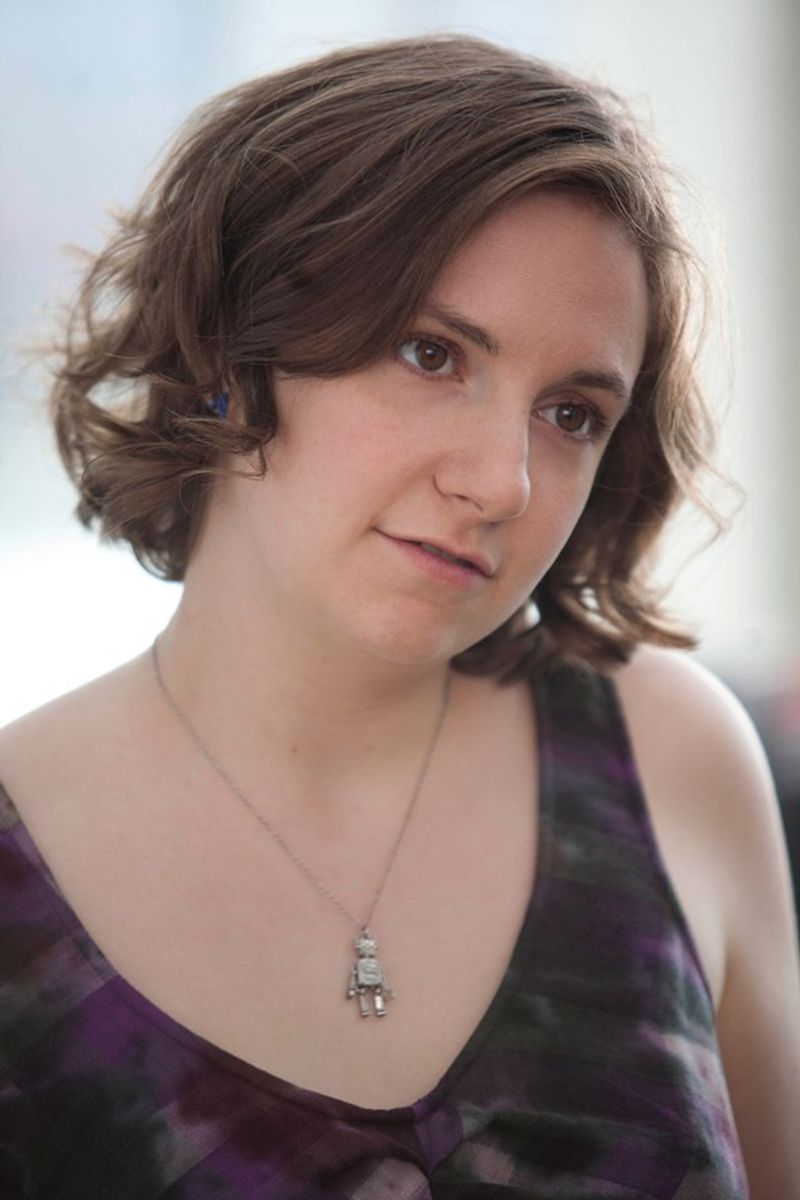
The self-proclaimed voice of her generation spends six seasons demonstrating stunning self-absorption and lack of growth. Hannah’s narcissism is initially presented as a flaw to overcome but instead becomes her defining characteristic.
Creator Lena Dunham deliberately crafted a protagonist who makes viewers uncomfortable with her entitlement and poor decisions. Hannah’s writing career stalls as she refuses to take criticism or put in consistent work, yet she continues to believe she deserves success.
While her friends Marnie, Jessa, and Shoshanna all experience significant character development (for better or worse), Hannah remains stuck in patterns of selfishness. Even motherhood in the final season fails to truly mature her character in satisfying ways.
20. Patrick Murray (Looking)
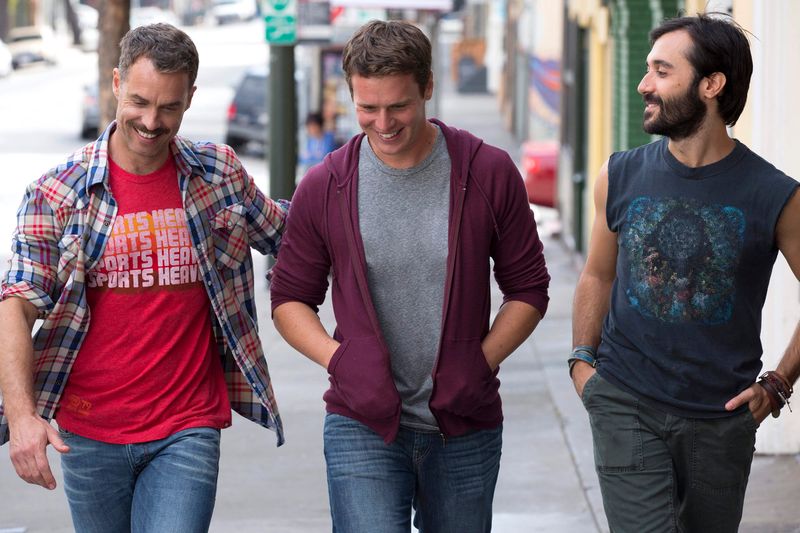
The video game designer navigating gay life in San Francisco initially seems relatable but quickly reveals himself as frustratingly self-centered. Patrick’s indecisiveness in relationships creates unnecessary drama that hurts everyone around him.
His romantic waffling between hairdresser Richie and his boss Kevin shows a pattern of wanting what he can’t have, then losing interest once he gets it. Patrick’s cultural insensitivity toward Richie’s Mexican heritage reveals uncomfortable class and racial blind spots that the character never fully acknowledges.
While Looking earned praise for its realistic portrayal of gay men’s lives, Patrick’s character becomes increasingly difficult to sympathize with as his self-absorption causes pain to more grounded characters like Dom and Agustín.
21. Dan Humphrey (Gossip Girl)
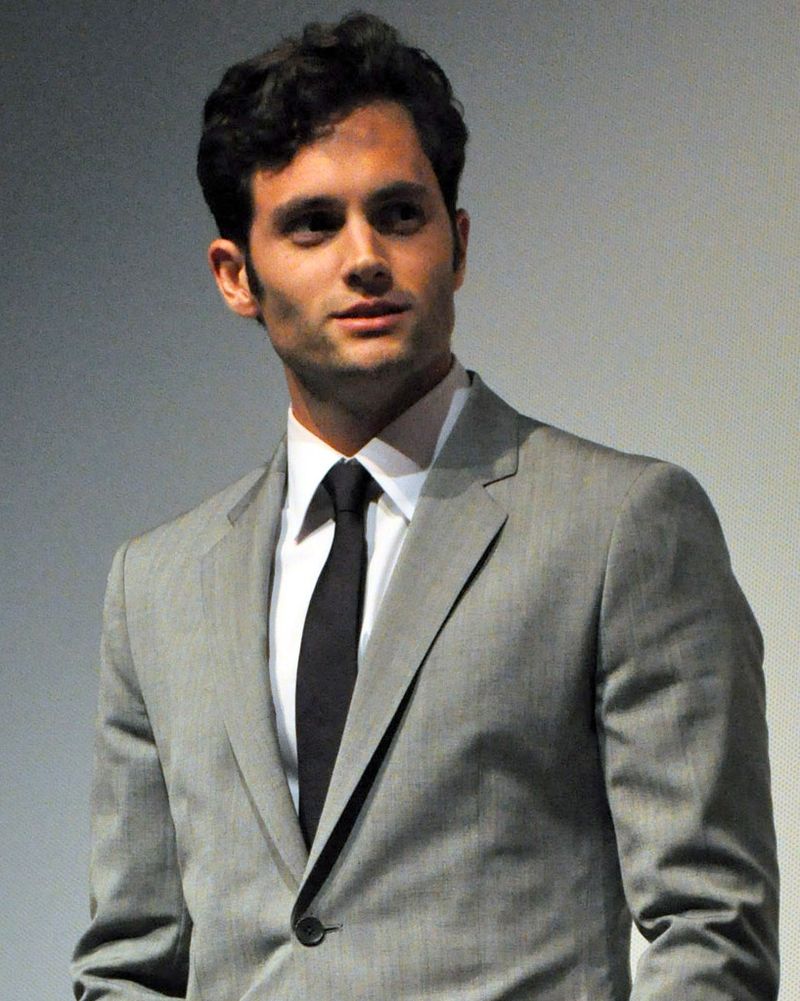
Brooklyn’s “Lonely Boy” presents himself as an outsider critiquing Manhattan’s elite while secretly craving their acceptance. Dan’s holier-than-thou attitude becomes increasingly hypocritical as the series progresses.
His judgmental stance toward the Upper East Side lifestyle masks his own manipulative behavior and social climbing. The revelation that Dan was Gossip Girl all along creates a disturbing realization: he spent years anonymously spreading rumors about his friends, girlfriend, and even sister.
This twist transforms Dan from a supposedly moral compass into perhaps the most toxic character on the show. His pretentious literary ambitions and smug superiority make his eventual acceptance into the world he claimed to despise feel like the ultimate betrayal of his initial characterization.
22. Terri Schuester (Glee)
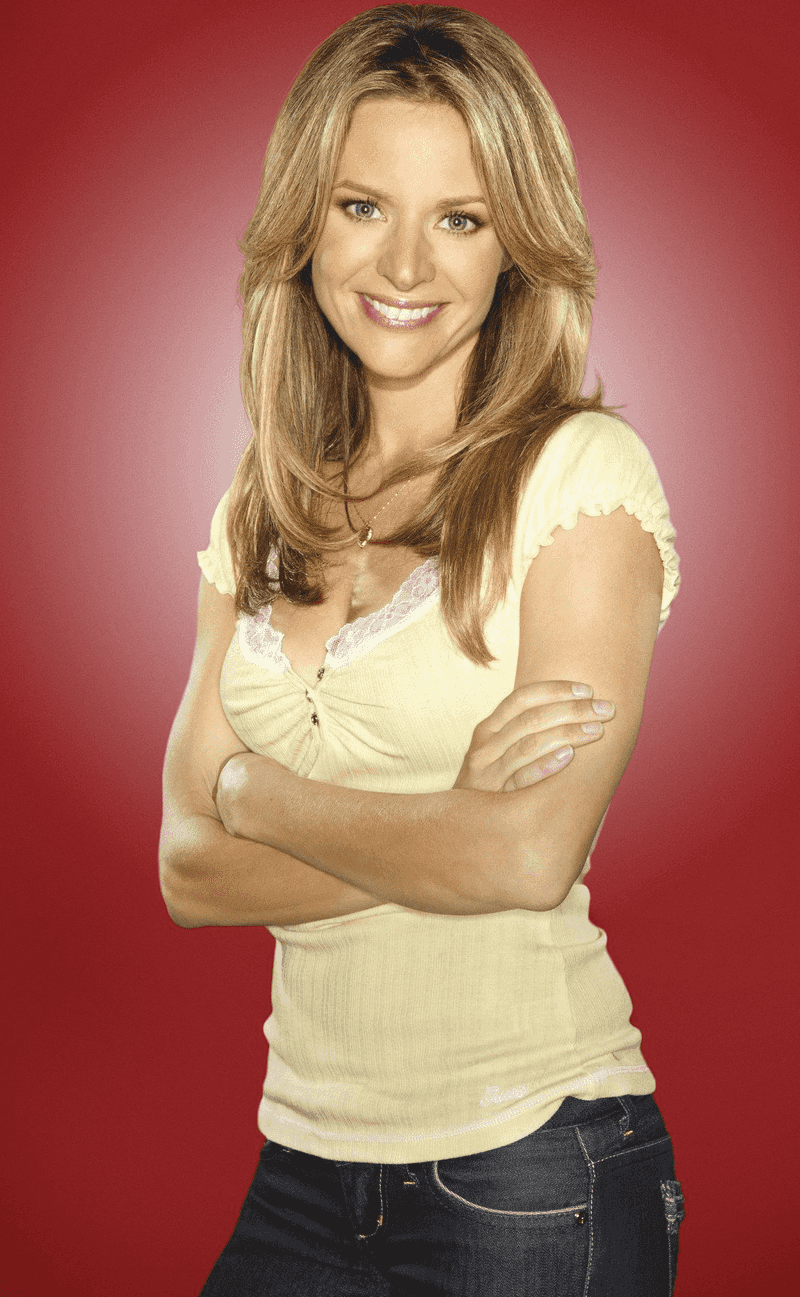
The manipulative school counselor whose fake pregnancy storyline dragged down Glee’s first season. Terri’s shrill personality and increasingly desperate schemes to keep Will in their loveless marriage made viewers count the episodes until her inevitable departure.
While most Glee characters had redeeming qualities or at least entertaining musical numbers, Terri brought only uncomfortable scenes and implausible plots. Her plan to adopt Quinn’s baby and pass it off as her own represents a level of delusion that crossed from comedic to disturbing.
The writers seemed to recognize their mistake, gradually reducing her role before writing her out entirely. Terri stands as a rare example of a character whose removal actively improved a show’s quality and viewer experience.

Comments
Loading…